
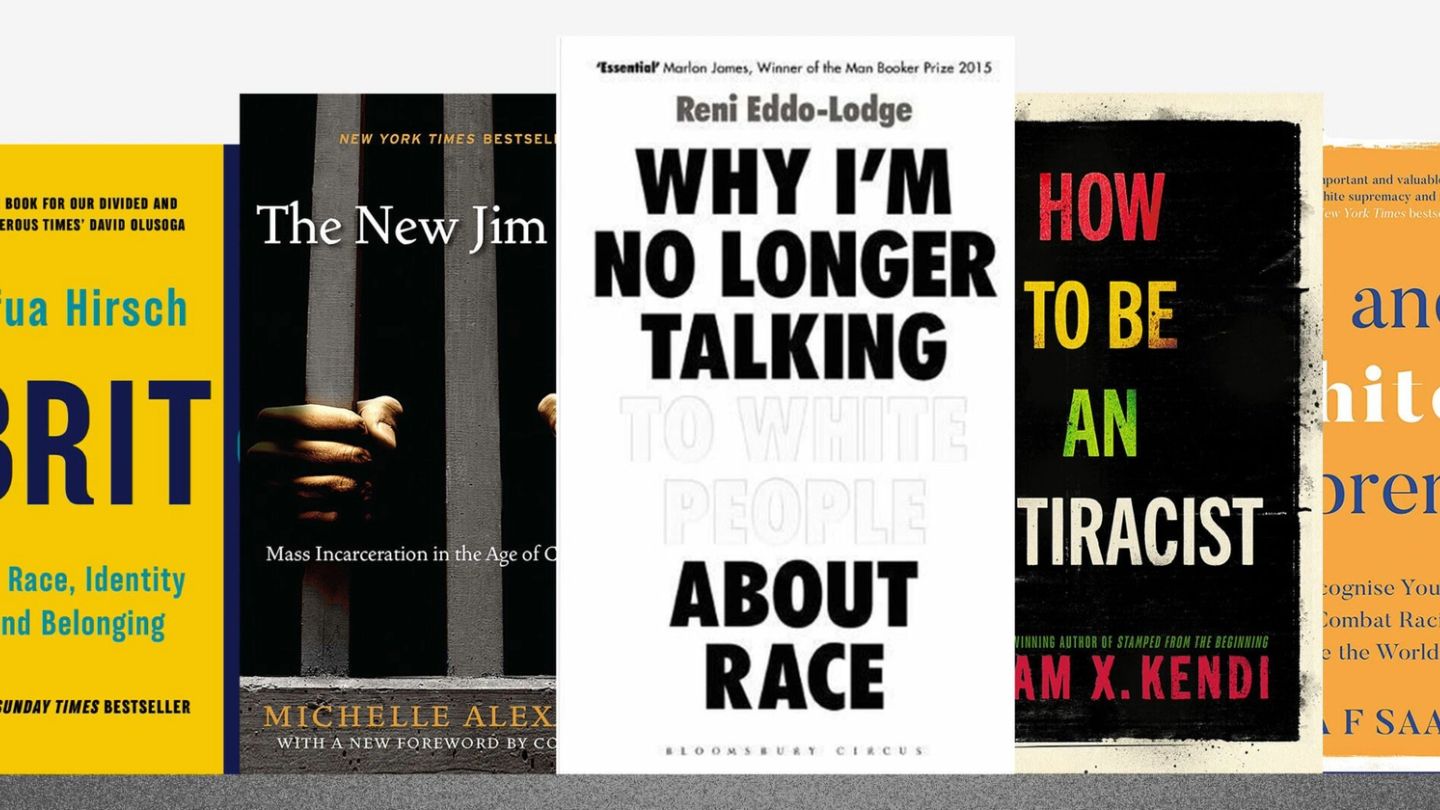
The anti-racist books to be reading now
Educate yourself with the help of these seminal works
Words: Izzie Price
The murder of George Floyd in Minneapolis on 25 May has ignited an international anti-racist movement – a movement that is centuries overdue. Protests against police brutality and broader systemic racism continue to take place in the US, and last weekend saw thousands of people in the UK turn out to support Black Lives Matter in cities such as London, Edinburgh and Manchester, among others.
The horrific acts of violence that led to the killing of George Floyd (not to mention the tragic stories of Breonna Taylor, Belly Mujinga and too many others) has finally started to awaken those of us who are white to the very real, and current, racism that prevails not only in the US, but in the UK as well. “The UK is not innocent” was a resounding statement at the recent protests, and the government is being urged to take action following a recent report illustrating the disproportionate effects of coronavirus on BAME people.
For those who, like us, are seeking to learn more about structural racism and the role our white privilege, even unconsciously, plays in perpetuating racial inequalities: we hear you. We’ve compiled the following reading list for those who are looking to diversify their bookshelves in light of recent events, and who want to learn how to become better allies to the black community and people of colour.
Why I’m No Longer Talking To White People About Race by Reni Eddo-Lodge
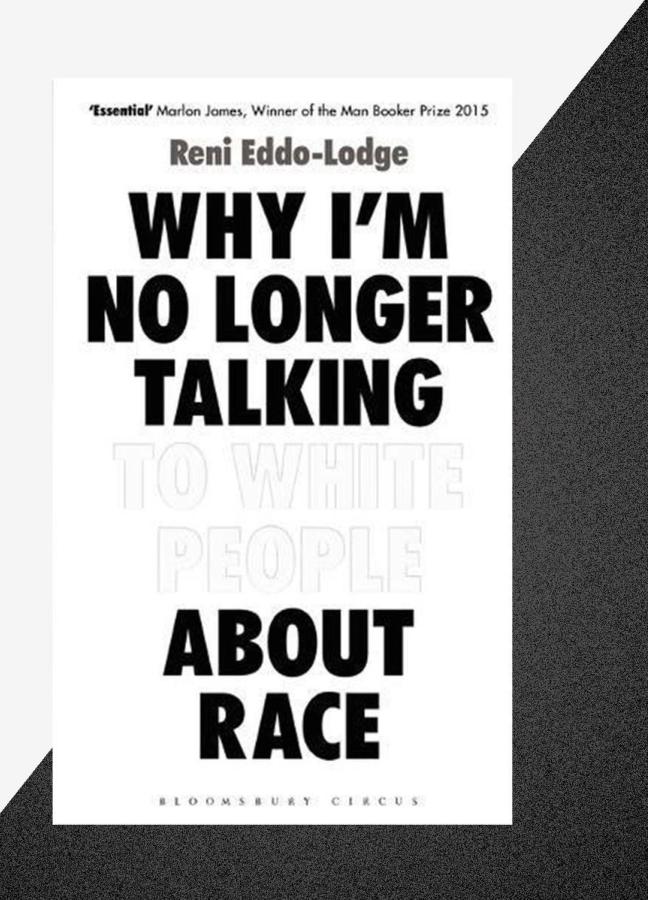
A seminal book, and required reading for anyone who wishes to better understand systemic racism and the role they play in perpetuating it. Delving into black history, the inextricable link between race and class, and myriad other issues relating to structural racism and white privilege, Why I’m No Longer Talking to White People About Race is certain to both educate readers and galvanise them to take action against racism in all its manifestations.
We felt it important to add, Eddo-Lodge has stated she feels uncomfortable with the money she is receiving from the enormous rise in book sales since George Floyd’s death. She has asked that, where possible, readers match the price of the book with a donation to the Minnesota Freedom Fund, or that readers borrow the book from a friend or local library and donate the money they would have spent on it.
Me And White Supremacy by Layla F. Saad
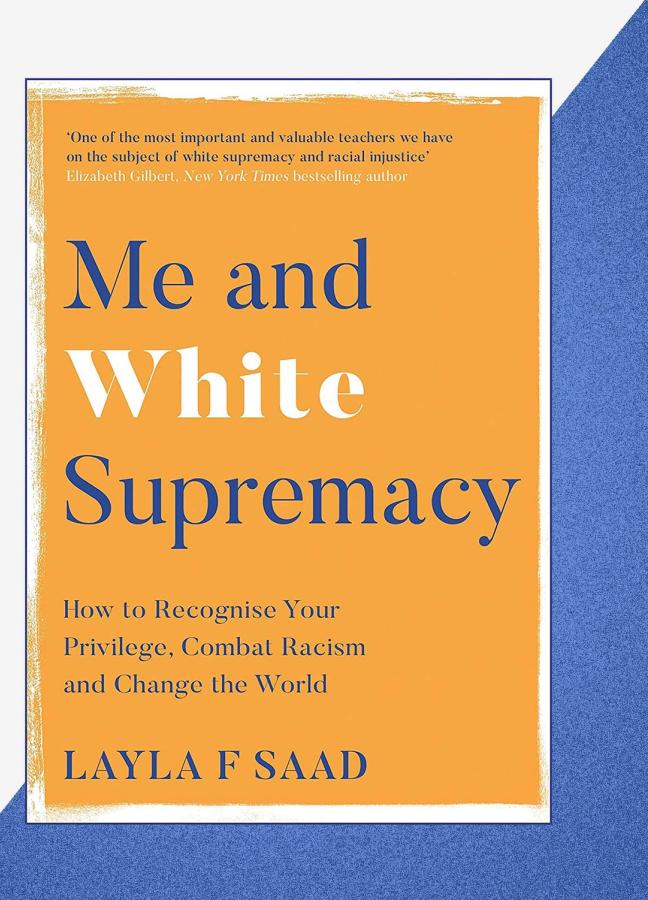
This vital text has its roots in an Instagram challenge, created by Saad, which encouraged white people to own up to their racist prejudices and inbuilt biases online. Building on the success of this challenge, Saad turned her Me And White Supremacy Workbook into a full-length book. Readers are advised to take an active role in doing the work necessary to combat white supremacy (both in themselves, and on a societal level) through a series of practical exercises, which are interwoven into the fabric of the book alongside social history and moving anecdotes.
Readers are encouraged to learn, yes – but they are also encouraged to undergo significant behavioural and lifestyle changes. As Saad recently posted on her Instagram account: “If you go through my book and all you get from it is information, not transformation, then one of us has messed up. Either I haven’t done my job. Or you haven’t done the work. Spoiler alert: I’ve done my job.”
How To Be An Antiracist by Ibram X. Kendi
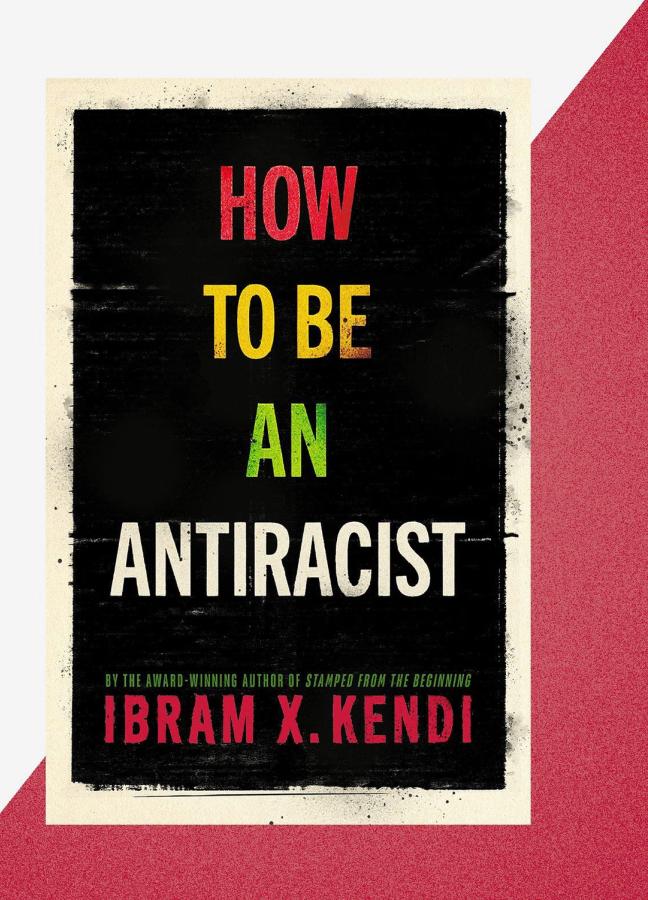
Something that is slowly, gradually becoming clearer – especially in light of the aforementioned recent events – is that it is simply not enough to declare oneself “not racist”. We need to work to be actively anti-racist, which involves taking a stand against racism, in all its forms, every time we become aware of it. How to be Anti-Racist, by Ibram X. Kendi, makes the distinction between “not racist” and “anti-racist” abundantly clear.
Kendi emphasises that every single one of us is either a racist or an anti-racist. In doing so, he takes the reader on his own personal journey in which he acknowledged his own racism and the ways it was manifesting in his life, and how he consequently worked to become actively anti-racist.
This is vital reading: a powerfully moving, electric galvaniser that both encourages readers to confront their racial prejudices and previous inaction, and motivates them to do the work required to become a force for positive change.
White Fragility by Robin diAngelo
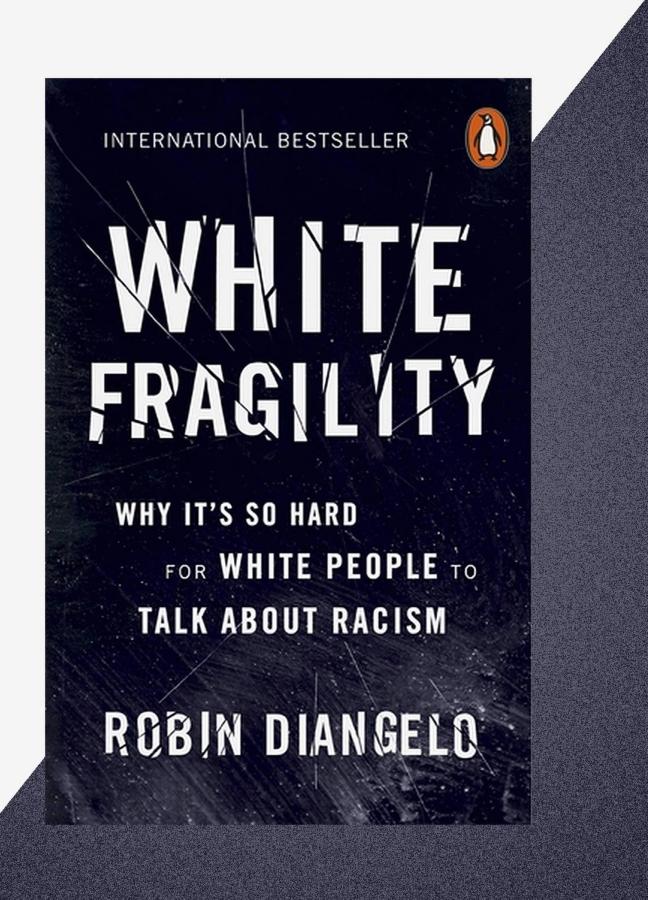
In the words of author and poet Scott Woods: “Yes, racism looks like hate, but hate is just one manifestation. Privilege is another. Access is another. Ignorance is another. Apathy is another. And so on.” Essentially: being racist and being a “good person” are not mutually exclusive.
It’s this much needed form of corrective thinking that diAngelo emphasises in her book, White Fragility, which explores the typical reaction of a white person when confronted with their own racism – a reaction that tends to encompass denial, anger or silence – and encourages readers to frankly and honestly acknowledge their own white privilege and racial biases. diAngelo impresses upon white readers the need for humility when engaging in discussions about race; a humility that, ultimately, will help said readers to really listen (rather than engaging in defensive mechanisms) and accept that it is their responsibility to challenge white supremacy.
Dreams From My Father by Barack Obama
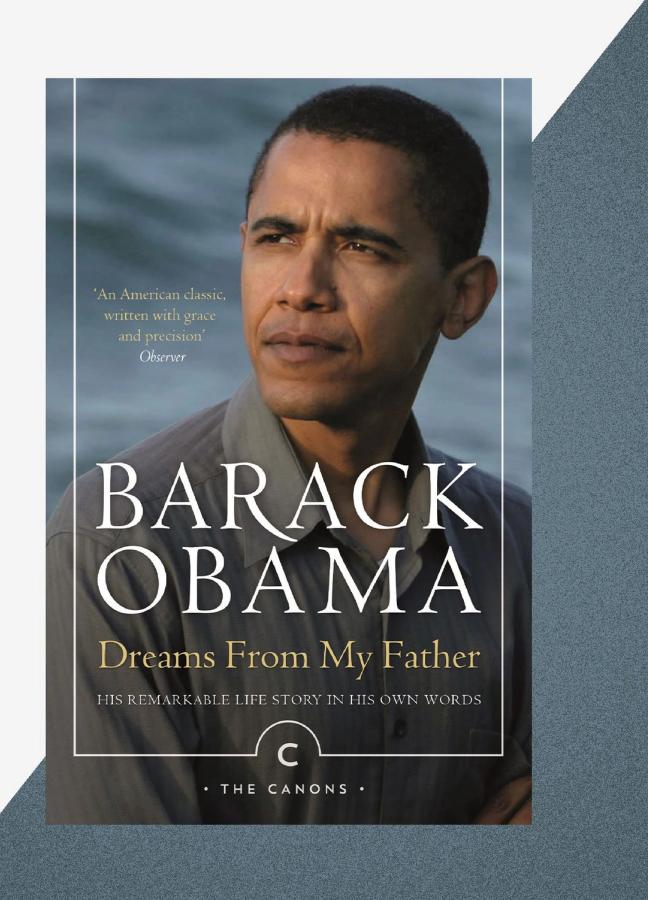
A hauntingly beautiful memoir that sees former President Barack Obama undergoing a deeply personal journey, in which he seeks to reconcile his place in the world as the son of a white mother and black father.
Upon hearing of his father’s death in a car accident, Obama takes it upon himself to understand his familial roots. Tracing his maternal family’s footsteps from Kansas to Hawaii, he then makes his way to his family home in Indonesia and, finally, to Kenya: where he at last learns the full truth of his father’s life and his own subsequent identity.
This is a privileged glimpse into the life of not only a former President, but a man who sought to know how he identified and belonged in the world in which he found himself (a world rife with racial divisions). A must read for anyone seeking to educate themselves about the intersection between race and identity.
Brit(ish) by Afua Hirsch
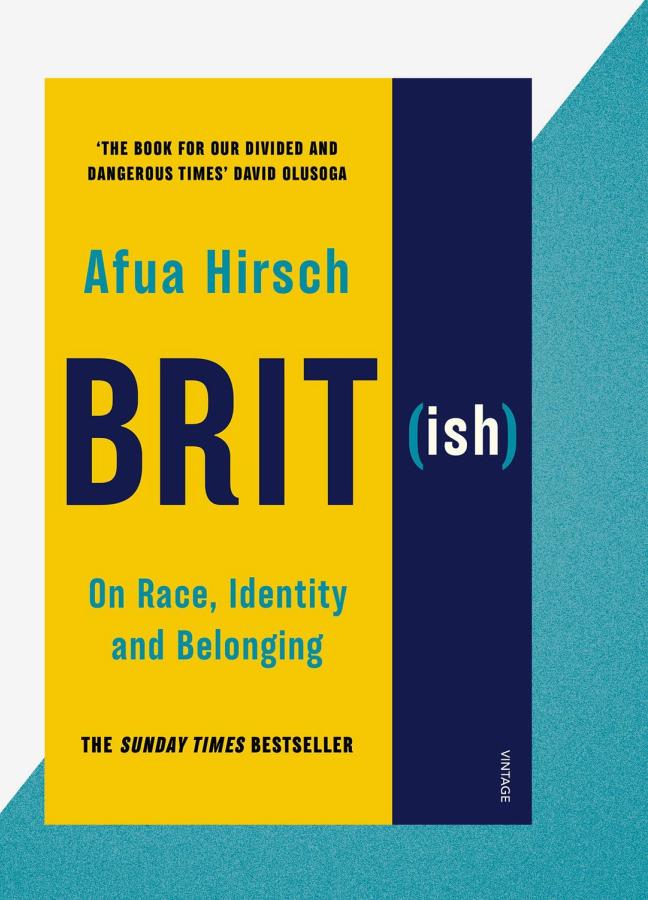
In this vital text about Britain’s denial of its racist past and the ongoing systemic racism that lives and breathes in its present, Afua Hirsch explores what it meant to grow up in London, identifying as British, whilst constantly having her identity questioned. “I can’t be British, can I, if people keep asking me where I’m from?”, she writes. “I must be something else.”
This deeply important book dissects Britain’s ignorance when it comes to its own racist past and succinctly dispels myths that surround black people and black culture (including myths steeped in fetishisation and ‘othering’); all the while interspersing this socio-historical context with anecdotes from Hirsch’s own life. The result is a book that readers are immensely lucky to have; a generous, honest personal story that impresses upon its audience the importance of educating our minds and transforming our actions.
The New Jim Crow by Michelle Alexander
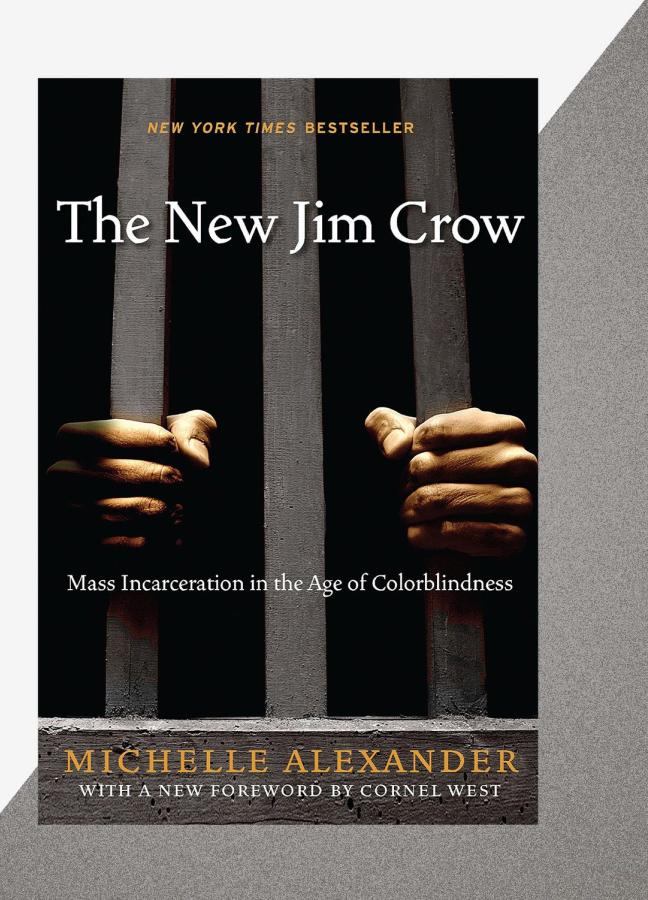
The New Jim Crow addresses racial discrimination in one of its most horrific manifestations: mass incarceration. Alexander, a lawyer and civil rights advocate, explores the ways in which millions of African Americans have been relegated to second class status by means of the American criminal justice system, which disproportionately targets black men when it comes to arrest and imprisonment. Through delving into criminal justice atrocities such as the War on Drugs, Alexander argues that racial caste-like systems in the US don’t disappear; they just get redesigned over the years.
As Alexander wrote in her New York Times column just this week: “If we do not learn the lessons of history and choose a radically different path forward, we may lose our last chance at creating a truly inclusive, egalitarian democracy.” We need to understand the past to see how it has influenced our present; and this book is the place to start.
The Good Immigrant by Nikesh Shukla
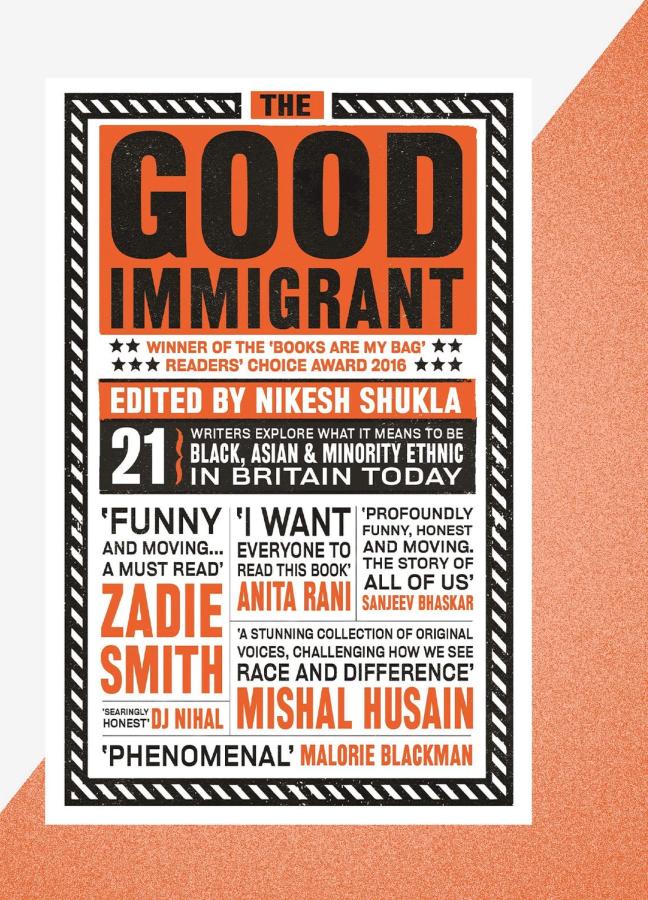
The Good Immigrant is a searingly powerful book that celebrates the voices of 21 BAME individuals in a moving, humbling collection of essays, curated by Shukla, that brilliantly convey the experience of being an immigrant in Britain today.
The book is a snapshot of the multitude of micro and macro aggressions, as well as outright hostilities, that are too often faced by immigrants in this country. It also presents a thought-provoking discussion on why the prevalent societal message is that immigrants are bad; that they are a drain on resources; that they are unwelcome, until they ‘prove their worth’ through acts that society deems praiseworthy or meaningful.
In this revealing and often heartbreaking book, readers are privy to deeply personal stories that have been generously and compassionately shared; stories that should challenge readers to really look inwardly and assess their own prejudices. This is a text that should be required reading for every single person living in Britain today.
Natives: Race and Class in the Ruins of Empire by Akala
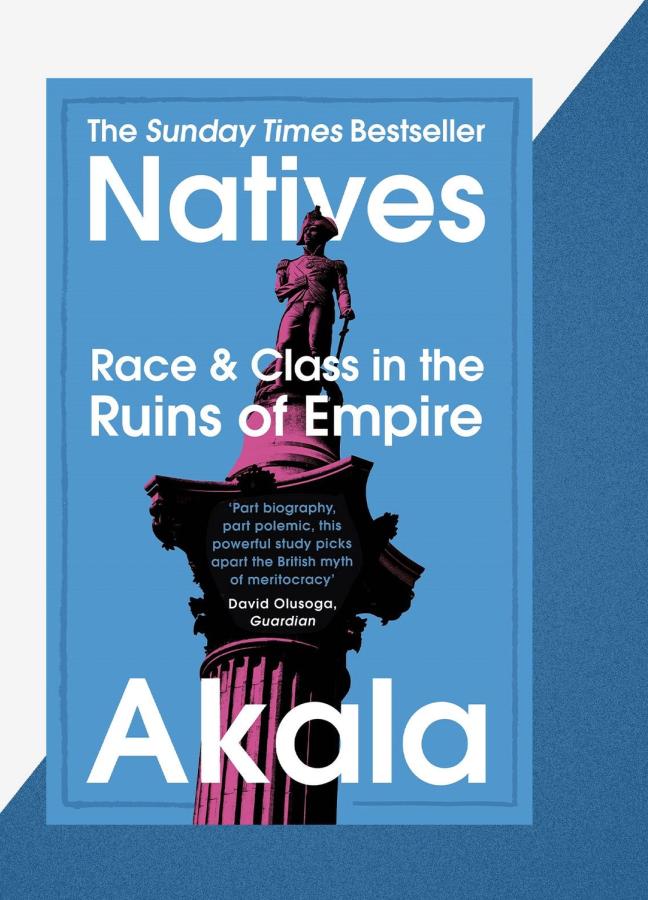
Here we have another privileged insight into a personal life; this time, that of BAFTA and MOBO-award winning rapper, author, poet, journalist and activist Akala. Race and class are inextricably linked and Akala demonstrates this to readers through his incredibly powerful memoir Natives. Akala speaks openly about his personal experiences of racism, and generously shares first-hand stories from his childhood, teenage years and beyond. Through it all, he puts Britain’s historical record of racial discrimination under the spotlight.
If we are to tackle systemic racism, it’s crucial that Britain ceases all denial of its racist history, and acknowledges the significant role that its empire played in the race and class-based inequalities that are so prevalent today. For anyone looking to greater understand the history of Britain’s racialised empire, and the ongoing link between race and class: this is the book for you.
Safe: On Black British Men Reclaiming Space by Derek Owusu
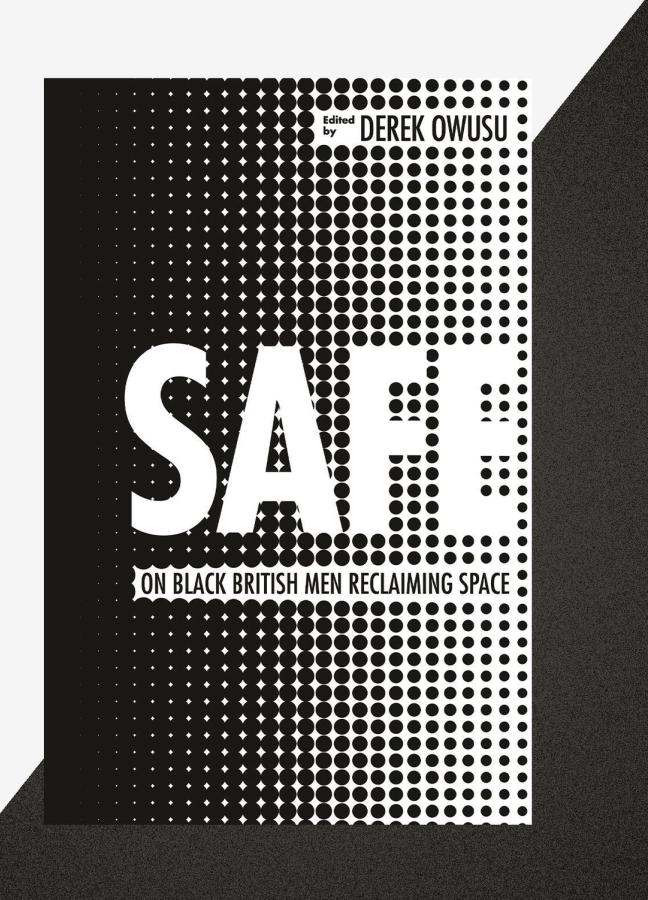
A deeply affecting anthology of essays, this potent book – collated by writer and poet Derek Owusu – shines a vital and illuminating light on what it is to be a black man in Britain today. Safe features moving, inspiring essays penned from a vast array of individuals including poets, journalists, actors and musicians, all generously sharing their stories, thoughts and opinions on the Black British male experience.
The essays cover an array of experiences and issues, ranging from school, to family life, to the LGBTQ+ community, to the music industry, to mental health – and much more. Altogether, the book is a reflective, considered collection of personal stories that raises discussions about black male identities, and the position that black men hold in present-day Britain. Poignant, moving and deeply humbling, it’s a book of vital importance to anyone looking to educate themselves about race in Britain today.
Here’s how to get involved in Pride Month 2020…
Become a Gentleman’s Journal member. Find out more here.


